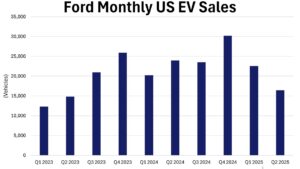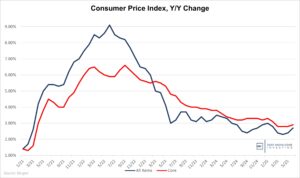Overview:
When Justice Ruth Bader Ginsburg died in September, there was speculation that a conservative judge Amy Coney Barrett was the leading candidate to be elevated to fill the Supreme Court opening. This would cause concern that a more conservative court would declare the Affordable Care Act (known as the ACA or Obamacare) to be unconstitutional in California v. Texas which was heard in front of the Court. These concerns caused HCA’s stock to drop to $116.
On September 24th, we published a piece claiming that the three “liberal” Justices would vote to make the Individual Mandate severable and preserve the ACA, that Chief Justice Roberts would vote to keep a law for which he was the deciding vote in 2012, and that Justice Kavanaugh would vote to make the Individual Mandate severable because of his preference to keep as much of the original legislative intent as possible. This work relied heavily on the expertise of Phil Kessler who is a founding partner of Hoffman & Kessler LLP and a member of the Deep Knowledge Investing Board of Advisors.
The Projected Analysis:
We believed the ACA had at least 5 supporters on the Supreme Court which meant that the then projected appointment of Judge Barrett (since completed) was irrelevant to the case. HCA stock had traded down to $116, and at that time, we wrote, “We believe that the Supreme Court will either continue to decide not to overturn the ACA, or that it will declare the Individual Mandate unconstitutional, but allow it to be severed.” We advised subscribers to add to positions in HCA.
The Preliminary Results:
Last week, California v. Texas was argued in front of the Court, and it appears that our analysis was correct. The Wall Street Journal wrote about Chief Justice Roberts supporting the ACA during the hearing and commented that, “Justice Brett Kavanaugh said that even if elimination of the penalty made the mandate unconstitutional, the court’s precedents required upholding as much of a statute as possible.” In another piece published last week, the WSJ noted that, “A majority of Justices signaled that they didn’t buy the argument that the entire law should be cashiered because Congress zeroed out the tax for not having health insurance.”
Our analysis on the likely outcome of the case was correct for the right reasons. At a minimum, Justices Roberts and Kavanaugh are signaling the Court will have at least 5 votes to preserve the status quo. Kessler notes that, “Questions and comments from the Justices during oral argument are not always reliable indicators of a case’s outcome. Nonetheless, it appears more likely than not that at least a five Justice majority will decide against striking down the ACA.” Kessler also raises the additional issue of standing pointing out that there is a legitimate inquiry regarding whether any party can claim to be harmed by a tax set at $0. If the Court were to issue a decision that the State of Texas lacked standing to bring the lawsuit, it would be another way of preserving the status quo which would be considered a positive for HCA.
Conclusion:
Political and legal analysis is interesting, but the real goal of Deep Knowledge Investing is to help our subscribers earn better risk-adjusted returns in the equity portion of their portfolios. At the time of this writing, HCA stock is trading at $152, up 31% in the less than 2 months since we wrote that the market was misinterpreting the risk that Justice Barrett would overturn the ACA.




